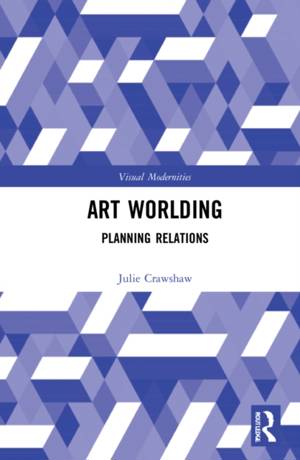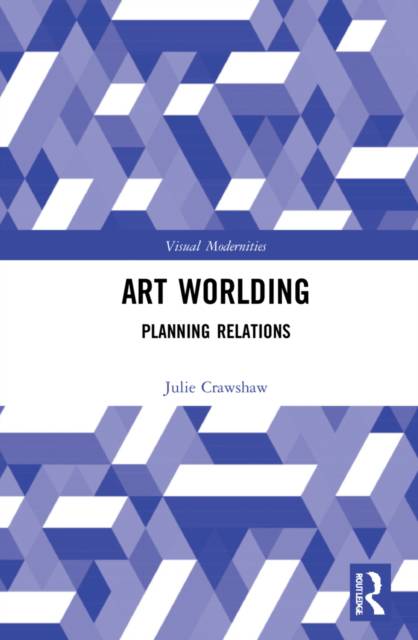
- Retrait gratuit dans votre magasin Club
- 7.000.000 titres dans notre catalogue
- Payer en toute sécurité
- Toujours un magasin près de chez vous
- Retrait gratuit dans votre magasin Club
- 7.000.0000 titres dans notre catalogue
- Payer en toute sécurité
- Toujours un magasin près de chez vous
Description
Tracing the associations between artists, planners and engineers with and within the materials of our environment, this book introduces the relational theory of 'art worlding' as a way of coming to know our organic continuity. Through a series of 'sculptural' ethnographies of the making and doing of art in urban and rural contexts, the author re-orientates the art-planning relationship in recognition of art practice as a mode of inquiry and way of knowing. Methodologically innovative, the book traces public art as practice and integrates artistic practice within planning research. Inspired by the classical pragmatism of John Dewey the fieldwork illuminates the opportunity afforded by the art-planning relationship in understanding relational continuity at differing scales. It introduces a new paradigm for the field of public art and for art and planning practice more broadly.
Art Worlding: Planning Relations will appeal to sociologists and social anthropologists with interests in art, as well as artists and art scholars, and those working in the fields of urban and rural planning, urban regeneration, art and ecology, curating, public art, and cultural management.
Spécifications
Parties prenantes
- Auteur(s) :
- Editeur:
Contenu
- Nombre de pages :
- 138
- Langue:
- Anglais
- Collection :
Caractéristiques
- EAN:
- 9780367495695
- Date de parution :
- 31-12-21
- Format:
- Livre relié
- Format numérique:
- Genaaid
- Dimensions :
- 156 mm x 234 mm
- Poids :
- 390 g

Les avis
Nous publions uniquement les avis qui respectent les conditions requises. Consultez nos conditions pour les avis.






